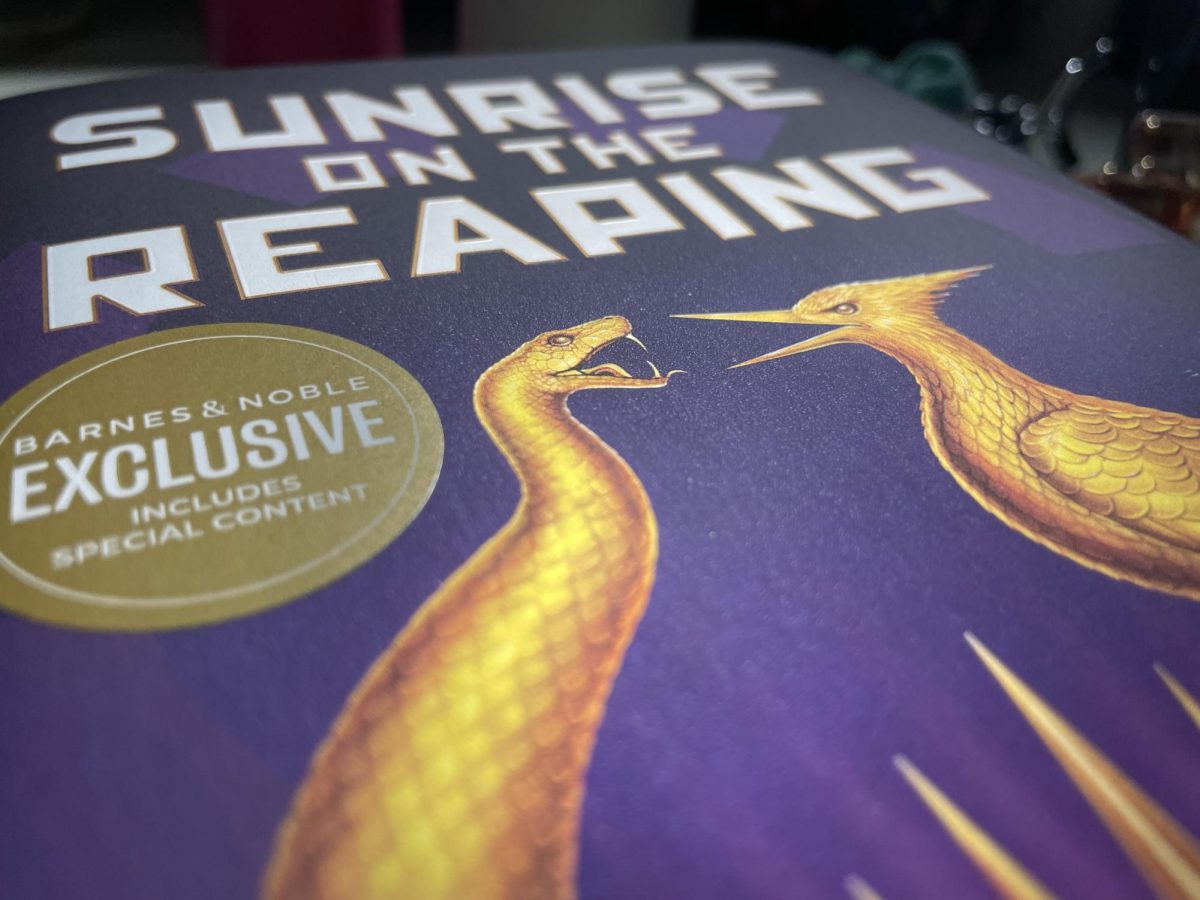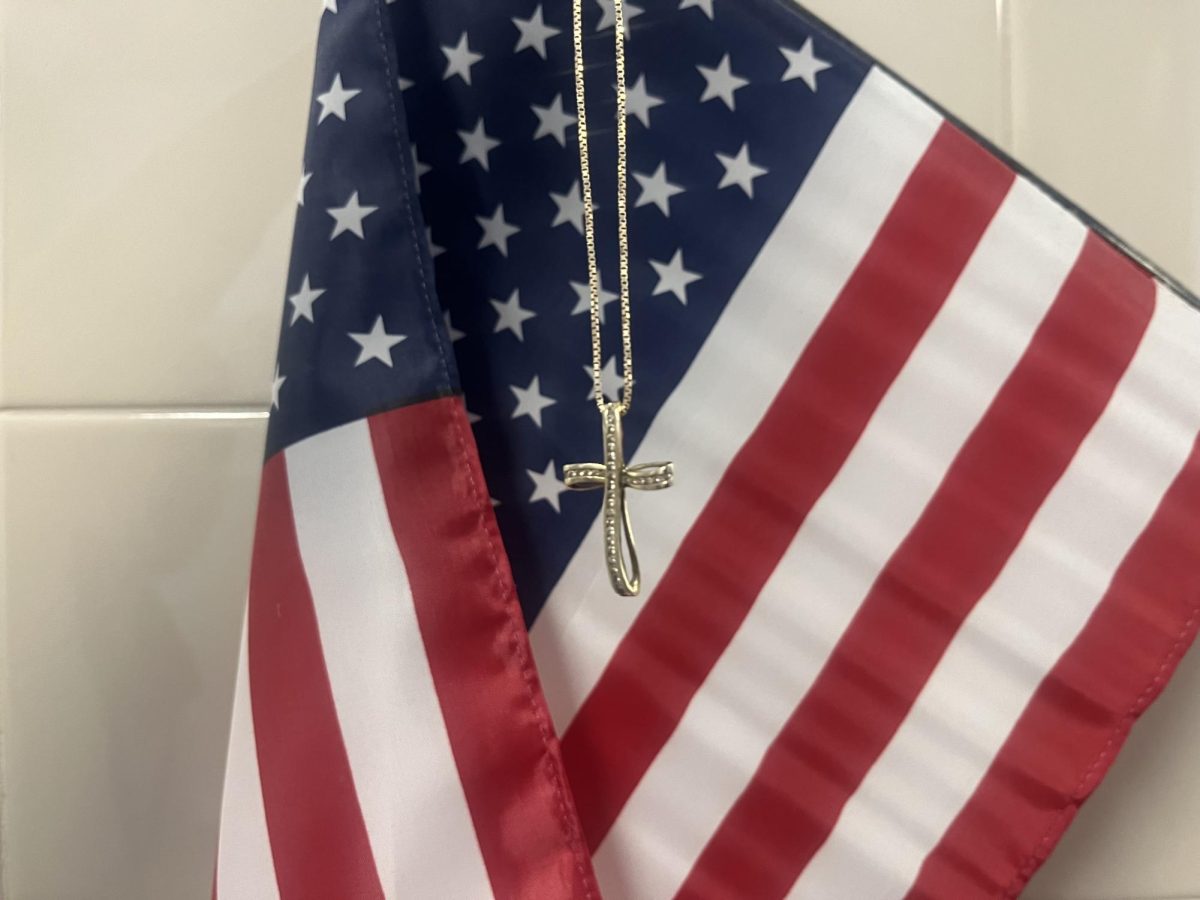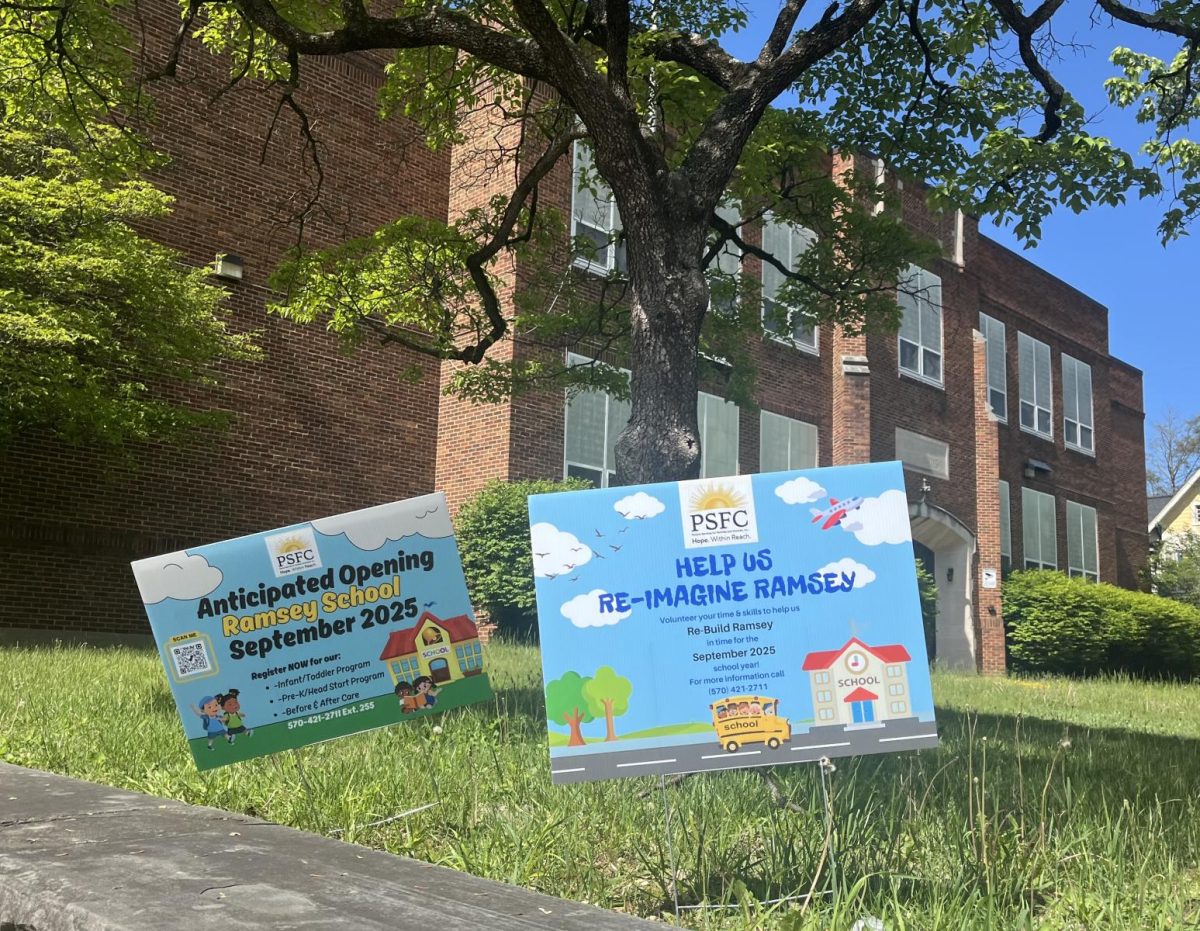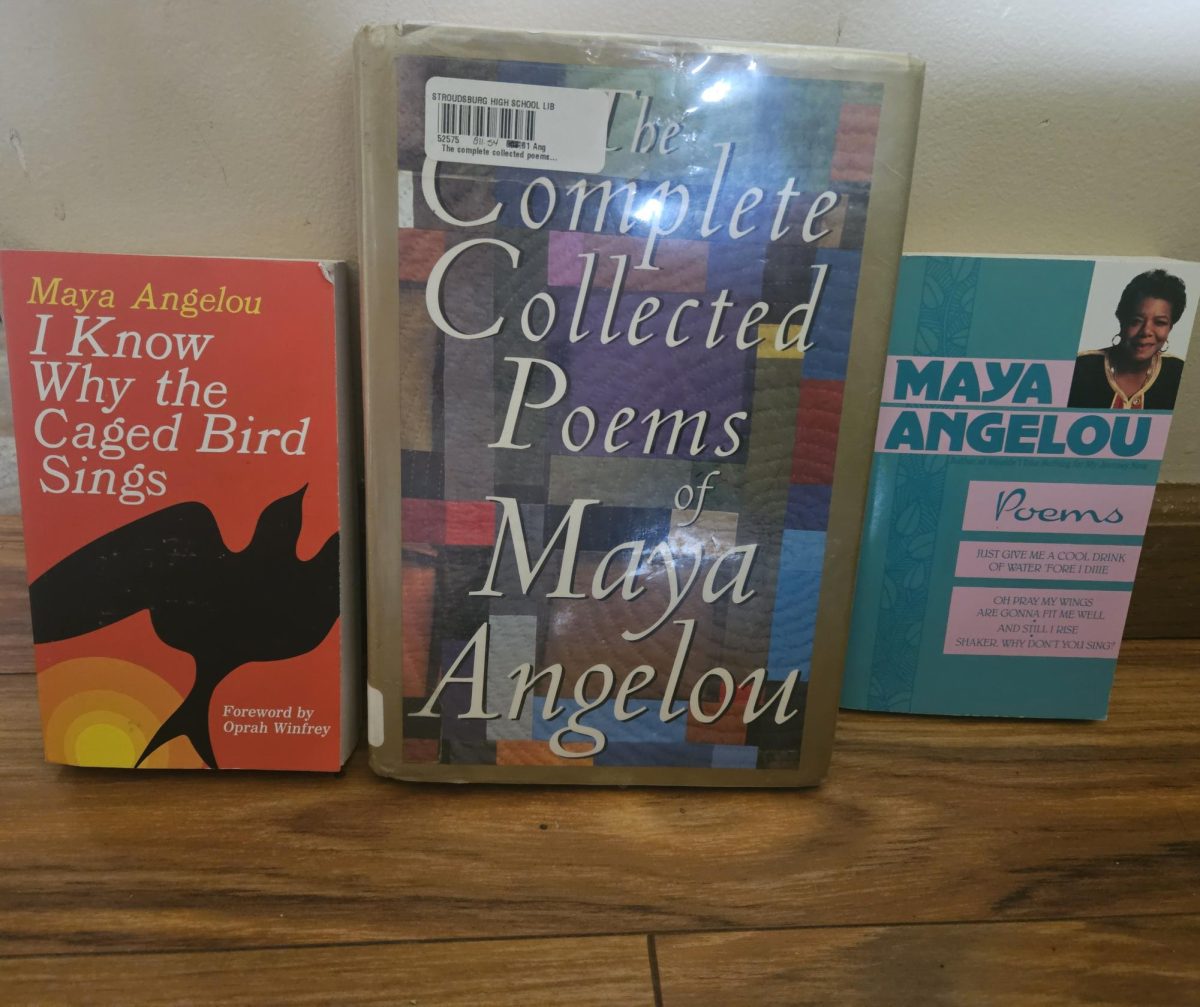“You may write me down in history. With your bitter twisted lies, you may trod me in the very dirt. But still, like dust, I’ll rise.” – Maya Angelou “Still i rise”
Maya Angelou (April 4th 1928- May 28 2014) was a powerful writer and person. She wrote several volumes of autobiography exploring the themes of economics, race, and sexual oppression. Her best-known work is the powerful memoir “I Know Why the Caged Bird Sings” (1969).
“I Know Why the Caged Bird Sings” is a memoir focusing on her early child hood, specifically ages 3-16. The story talks about her tough experiences with racism, being abandoned, and sexual abuse while living in the American South and later in California. Despite these struggles, the book celebrates themes of resilience, self-discovery, and the triumph of the human spirit over adversity
When Angelou was 16 she gave birth to a son, Guy Johnson. This early life is the focus of her first autobiographical work, “I Know Why the Caged Bird Sings”, which gained critical acclaim for its unflinching portrait of growing up under Jim Crow laws in the South. In 1970, it was nominated for a National Book Award. It remained a searing classic of African American literature in the 21st century.
After the birth of her son, she began a diverse career life working as a cook, waitress, streetcar conductor, and singer before moving to New York City where she became involved in the civil rights movement
It was there where she met Malcolm X, James Baldwin and Dr. Martin Luther King, Jr. She helped Malcolm X establish the Organization of Afro-American Unity. Later, she served as a coordinator of the Southern Christian Leadership Conference, at the request of Martin Luther King, Jr.
In 1971, Angelou published her first volume of poetry “Just Give Me a Cool Drink of Water ‘fore I Diiie.” It was originally written as song lyrics, written during Angelou’s career as a night club performer, and recorded on two albums before the publication of Angelou’s first autobiography. The book is made up of two sections of 38 poems. The 20 poems in the first section, “Where Love is a Scream of Anguish”, center on love. Many of the poems in this section and the next are structured like blues and jazz music, and have universal themes of love and loss. The eighteen poems in the second section, “Just Before the World Ends”, focus on the experience of the survival of African Americans
Her poetry was sometimes criticized for lacking technique, but others embraced her work for its political themes and powerful depictions of Black womanhood. Among her enduring poems is “Still I Rise,” a celebration of the resilience of African American women. A dynamic performer of her poetry, she was also recipient of three Grammy Awards for spoken-word albums, including Phenomenal Woman in 1995
In 1981, Angelou, who was often referred to as “Dr. Angelou” despite her lack of a college education, became a professor of American studies at Wake Forest University in Winston-Salem, North Carolina. Among numerous honors was her invitation to compose and deliver a poem, “On the Pulse of Morning,” for the inauguration of U.S. Pres. Bill Clinton in 1993. She was the second poet in U.S. history to deliver an inaugural poem (the first being Robert Frost at John F. Kennedy’s inauguration in 1961). She celebrated the 50th anniversary of the United Nations in the poem “A Brave and Startling Truth” (1995) and glorified Nelson Mandela in the poem “His Day Is Done” (2013), which was commissioned by the U.S. State Department and released in the wake of the South African leader’s death. In 2011 Angelou was awarded the Presidential Medal of Freedom.
“Just like moons and like suns, With the certainty of tides, Just like hopes springing high, Still I’ll rise.” -Maya Angelou “Still I rise”





































































































